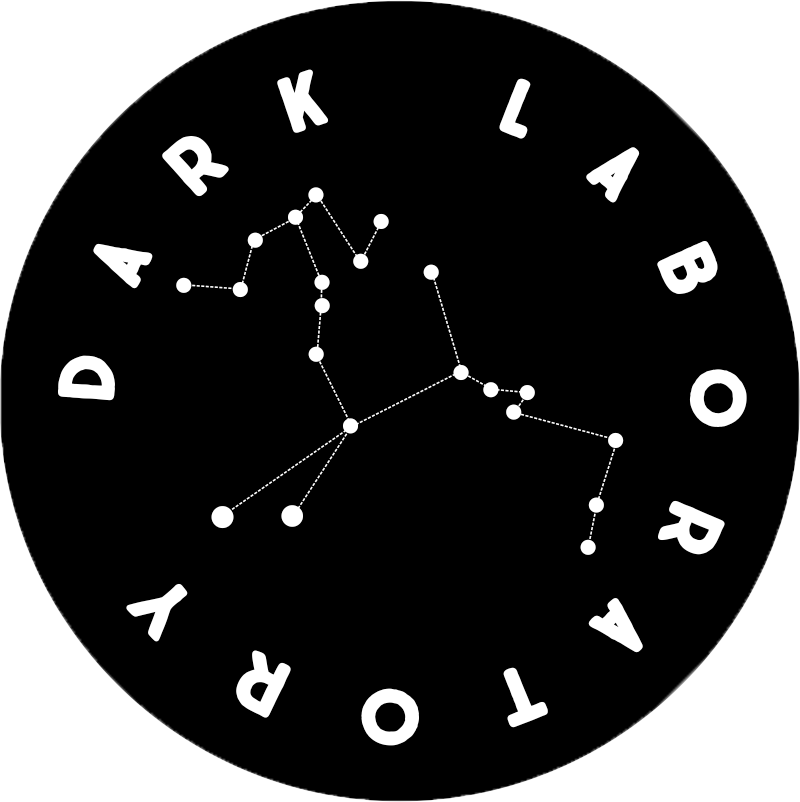
Black and Indigenous
Metropolitan Ecologies
Syllabus
Dark Laboratory began as a reading list on Black and Indigenous critical theory. Please click here to see our book shelf on Bookshop.org and to support local and independent booksellers. It features books important to and authored by Dark Lab members.
In Spring 2021, Prof. Tao Leigh Goffe taught a class, “Black and Indigenous Metropolitan Ecologies,” at Cornell University with the generous support of a Mellon-funded initiative. Students received a stipend of $1,500 to complete collaborative design work on Black and Indigenous hemispheric burial. See below for the course description and syllabus to be posted at a later date.
Black and Indigenous Metropolitan Ecologies (ARCH 4408/6408, AMST 6809, ASRC 6819, FGSS 6819, SHUM 6819)
Course Instructor:
Tao Leigh Goffe, assistant professor of Africana studies and feminist, gender, and sexuality studies
Course Description:
Across the hemisphere from the port cities of New York to New Orleans to Kingston, Jamaica, to Havana, Cuba to Toronto, how is the entangled dispossession of Native sovereignty and African enslavement reflected in the land and architecture? In this seminar, we will examine the many design structures of racial enclosure in urban spaces as an extension of the plantation. Troubling the urban-rural binary, our discussions will be framed by the dark blueprints of race and space—place and decolonization—and the larger questions of racial capitalism, settler colonialism, and climate crisis in the wake of the ecological violence of the plantation. Consider Wall Street as a metonym for US wealth accumulation and regulation, but also consider the dark underside of it as the site of the historic auction block where enslaved people were traded in early New York City and the African Burial Ground located in Lower Manhattan. With special attention to the architecture of marked and unmarked burial, we will consider the landscape of hemispheric mourning and cemeteries. The echo of Native infrastructure and burial is also present in Downtown Manhattan. Broadway is a metonym for American theatre and commerce, but it is also the dark underside of the erasure of the Native infrastructure of the Wickquasgeck Trail and Lenape and Munsee people carved out of the forest. Towards a framework for global indigeneity, we will examine the spatial politics of settlement with special attention to the fluidity of port cities environments, representations, and ecologies.
Brief assignments will involve digital curating and cognitive mapping in conjunction with the collections and tools available at the Rare and Distinctive Collections in Cornell Library and the Herbert F. Johnson Museum. Students will have the resources to develop innovative methodologies (curated collections, digital tools, video essays, etc.), and will be able to work on material or a location connected to their own interests as they investigate and imagine urban possibilities.
Call for Applications:
The Spring 2021 Urban Representation Lab, "Black and Indigenous Metropolitan Ecologies," is an innovative seminar for graduate students in the humanities and design disciplines. Urban Representations Labs are offered under the auspices of Cornell University's Andrew W. Mellon Foundation Collaborative Studies in Architecture, Urbanism, and the Humanities grant and are organized by the College of Architecture, Art, and Planning and the Society for the Humanities.















